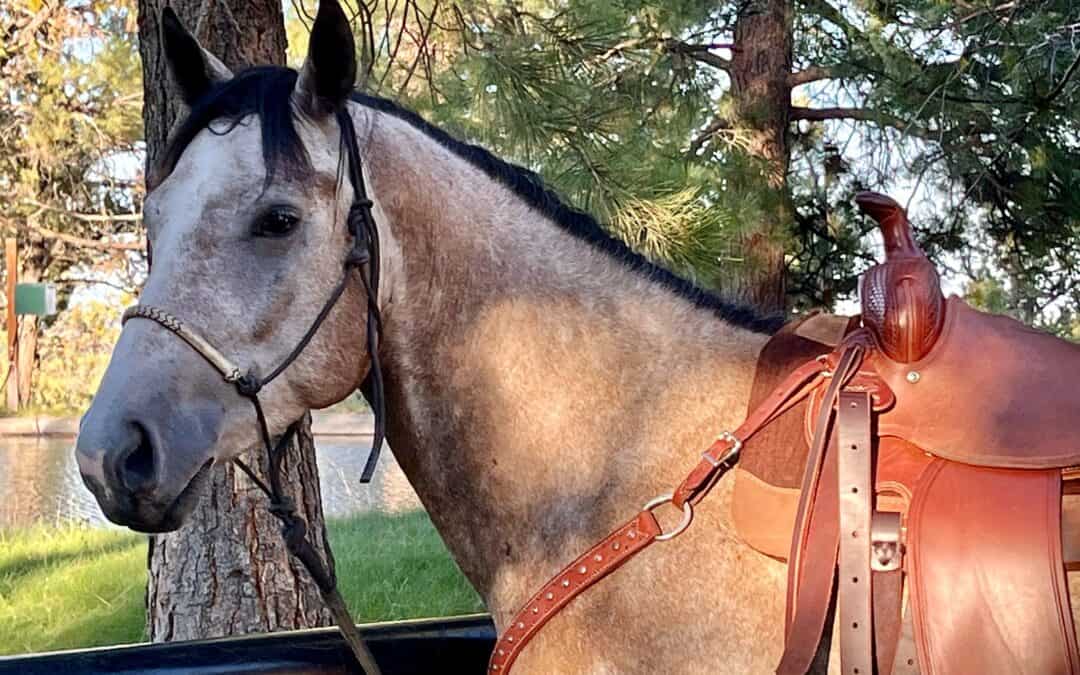Although seemingly benign in other species, diarrhea can be very serious and even potentially fatal in horses.
Monty, a 4-year-old Quarter Horse gelding, presented to BEMC for being dull, not wanting to eat, and lying down more than normal. At arrival he was found to be febrile (102.9-degrees F) with a mildly elevated heart rate of 52 bpm (a normal adult horse’s temperature and heart rate should be 99-101 F and 28-44 bpm, respectively). Initial bloodwork found him to be mildly dehydrated with a normal white blood cell count, but on his serum chemistry he had lower-than-expected protein levels (specifically albumin, which typically elevates with dehydration) and decreased electrolyte levels (sodium and calcium, in particular). These abnormalities indicated gastrointestinal involvement and strengthened our suspicion of impending colitis (inflammation of the colon).
We started Monty on intravenous fluid therapy and monitored him closely. Due to the potential infectious causes of colitis, he was placed in the isolation stall. Within two to three days, Monty developed profuse watery diarrhea. Bloodwork showed his white blood cell count was half of what it was at admission (leukopenia), as was his neutrophil count (these white blood cells are lost via the colon during colitis, so levels can go very low). His protein levels were also continuing to decline (normal albumin >3g/dL, Monty at 2.1g/dL) — these are all expected changes with equine colitis cases.
Anti-diarrheal treatment for Monty consisted of large doses of Platinum Bio-Sponge via a nasogastric tube and fecal transfaunation (aka “poop soup,” which is when we administer manure from a healthy horse to replenish the good gut bacteria lost with the diarrhea). The severity of his protein loss was such that he also required intravenous plasma transfusions. Due to his low white blood cell count, indicating lack of adequate immunity, Monty also received intravenous antibiotics to protect him from any bacteria that could “leak” out of his gastrointestinal tract and into his bloodstream.
One of the biggest secondary risks of colitis in horses is laminitis. This painful condition can develop when endotoxins are released into the bloodstream and directly or indirectly damage the laminae in the hoof capsule. Therefore, as a precaution Monty was also placed in ice boots to protect his feet. We encouraged him to eat with a variety of tempting feeds and monitored him closely for any small changes in his condition and bloodwork parameters.
Monty ended up being hospitalized for 10 days of intensive medical management. He was then discharged home and is reported to be doing great.
